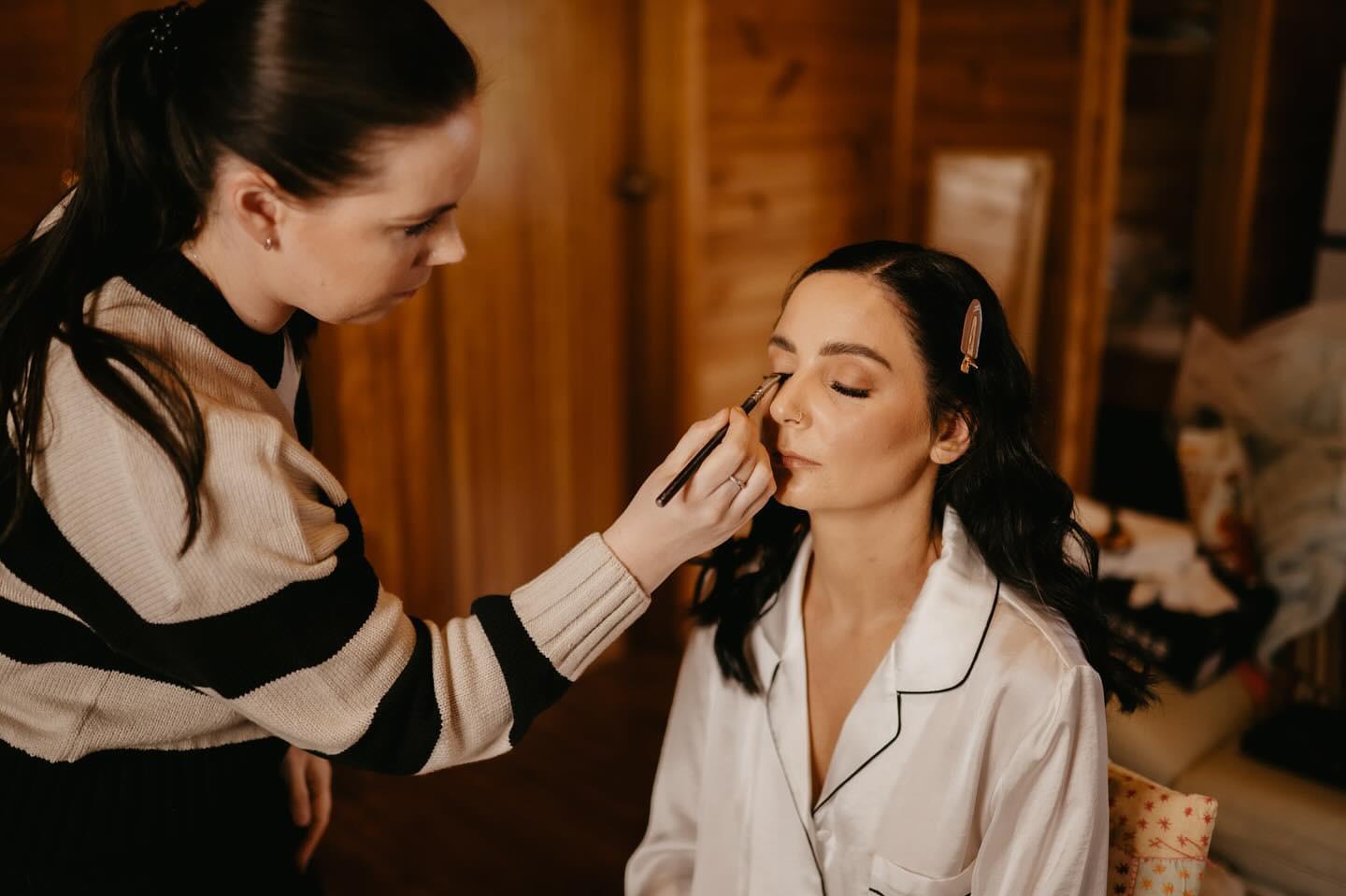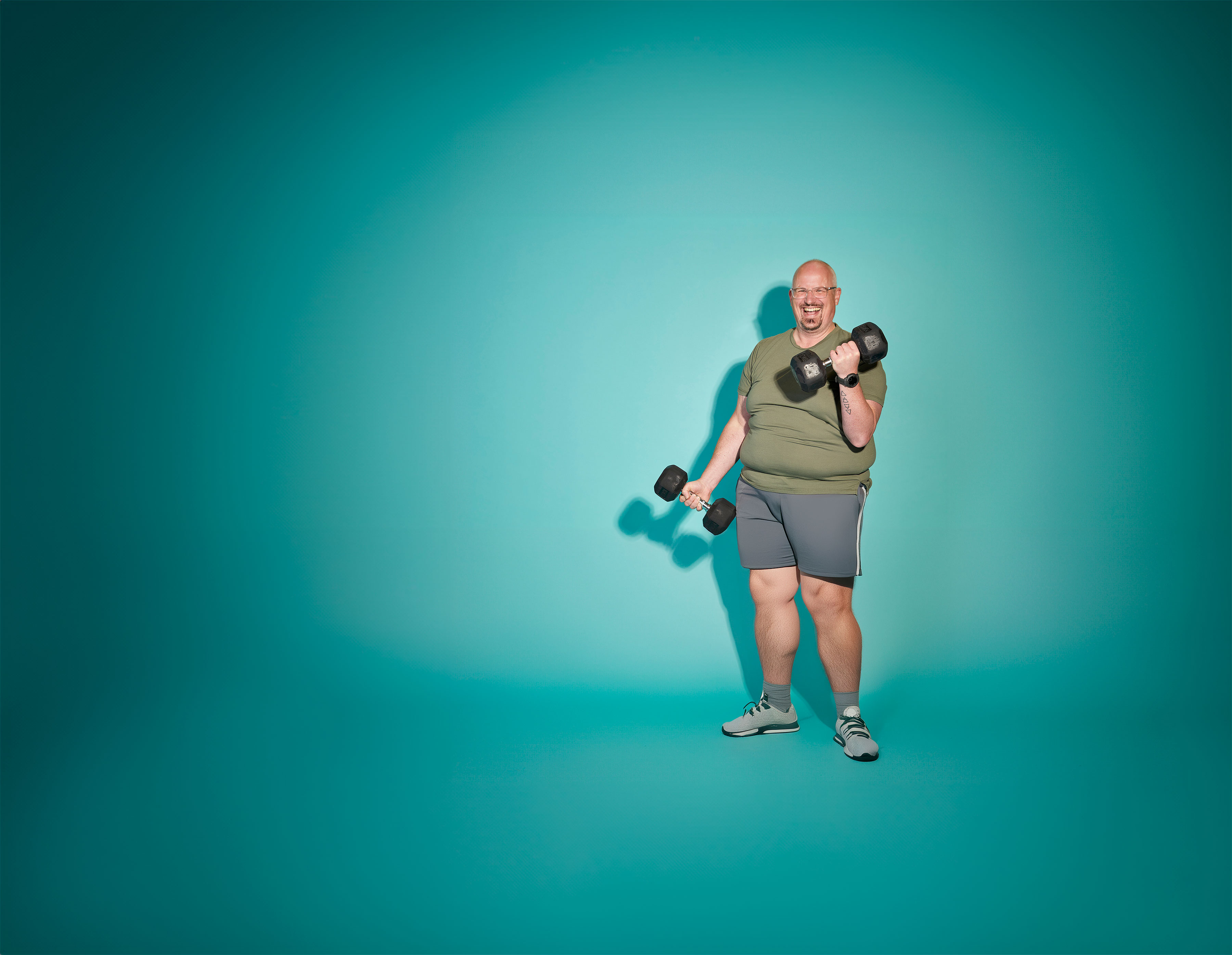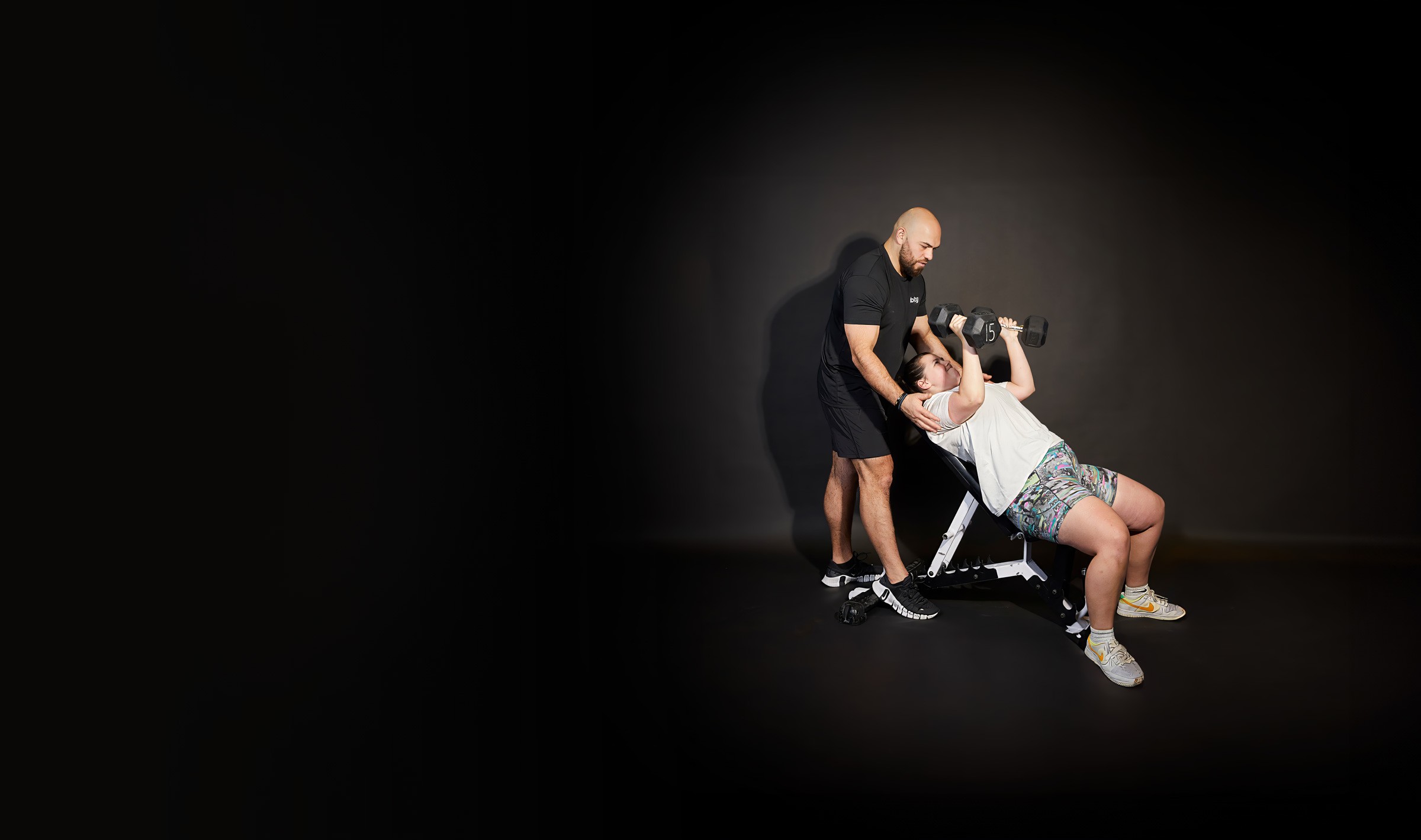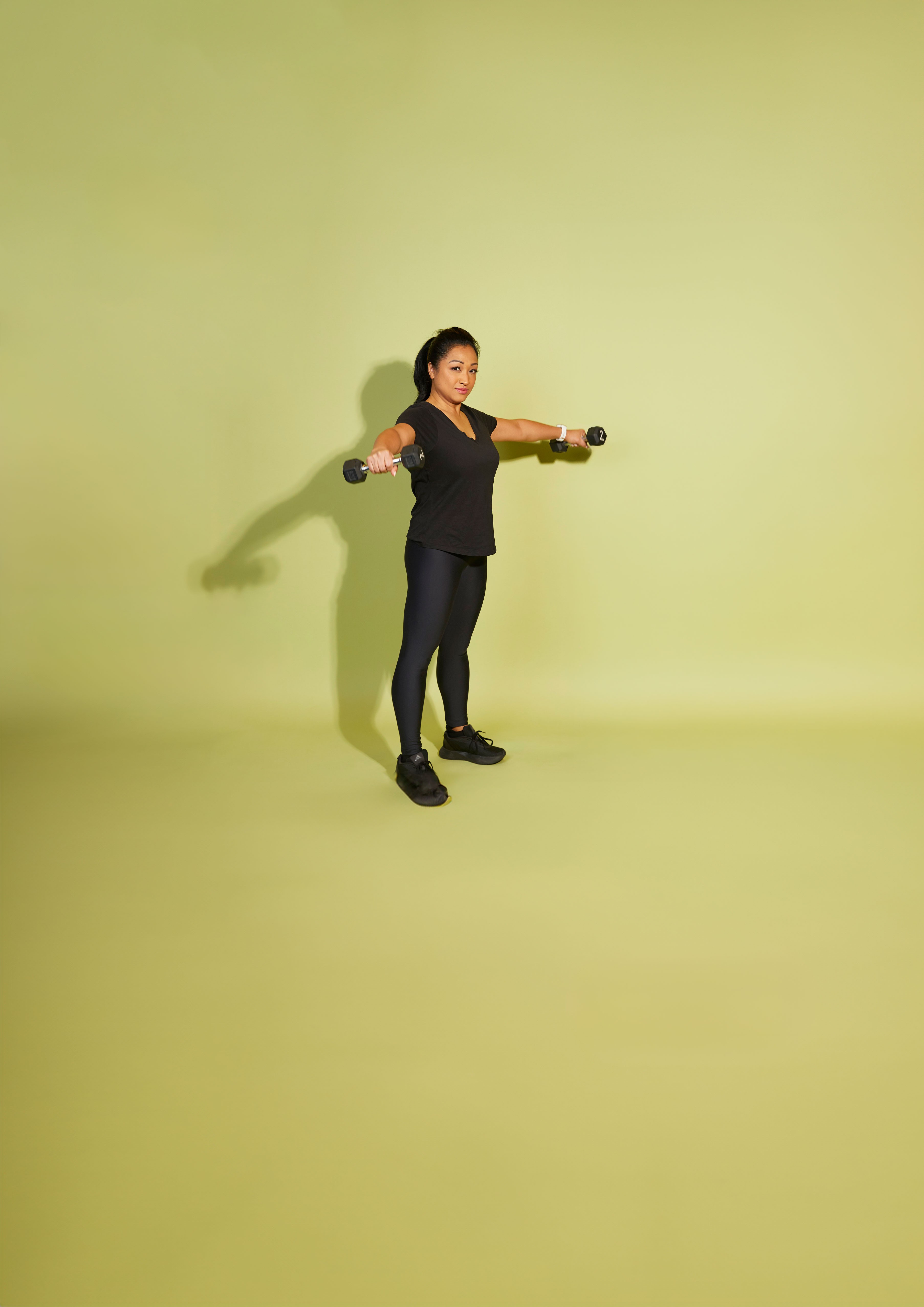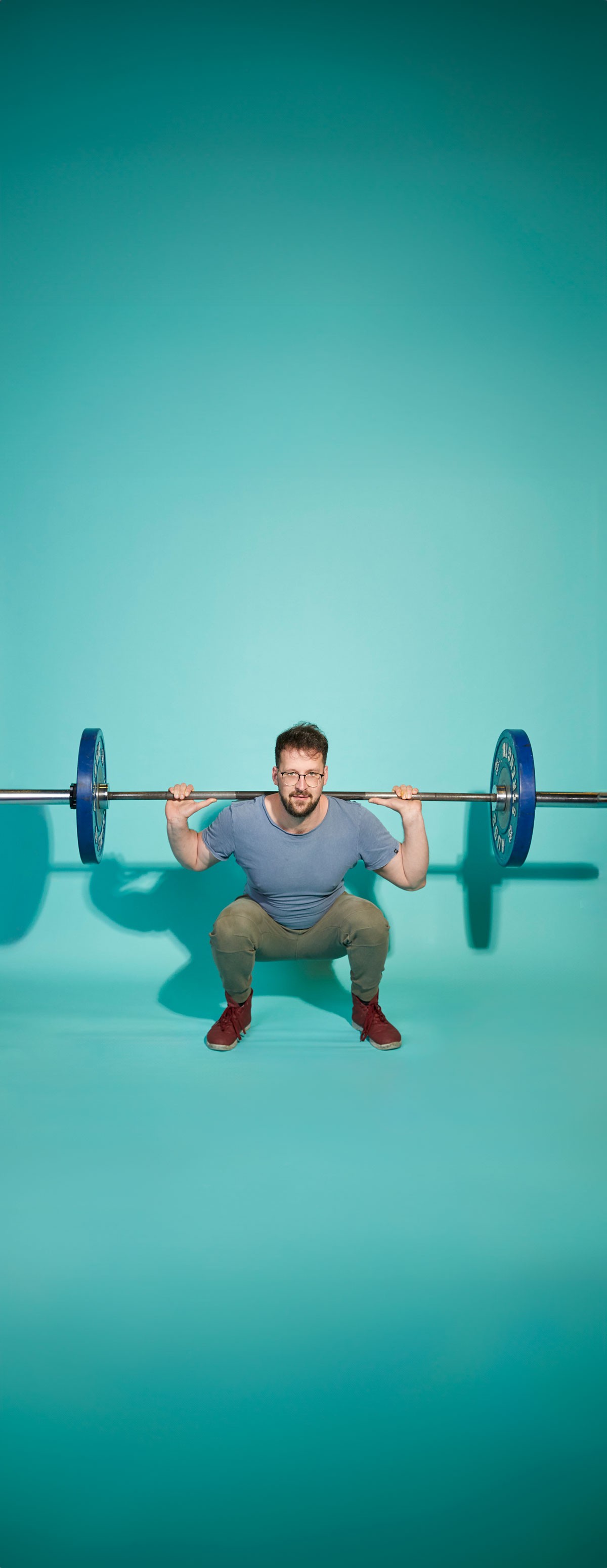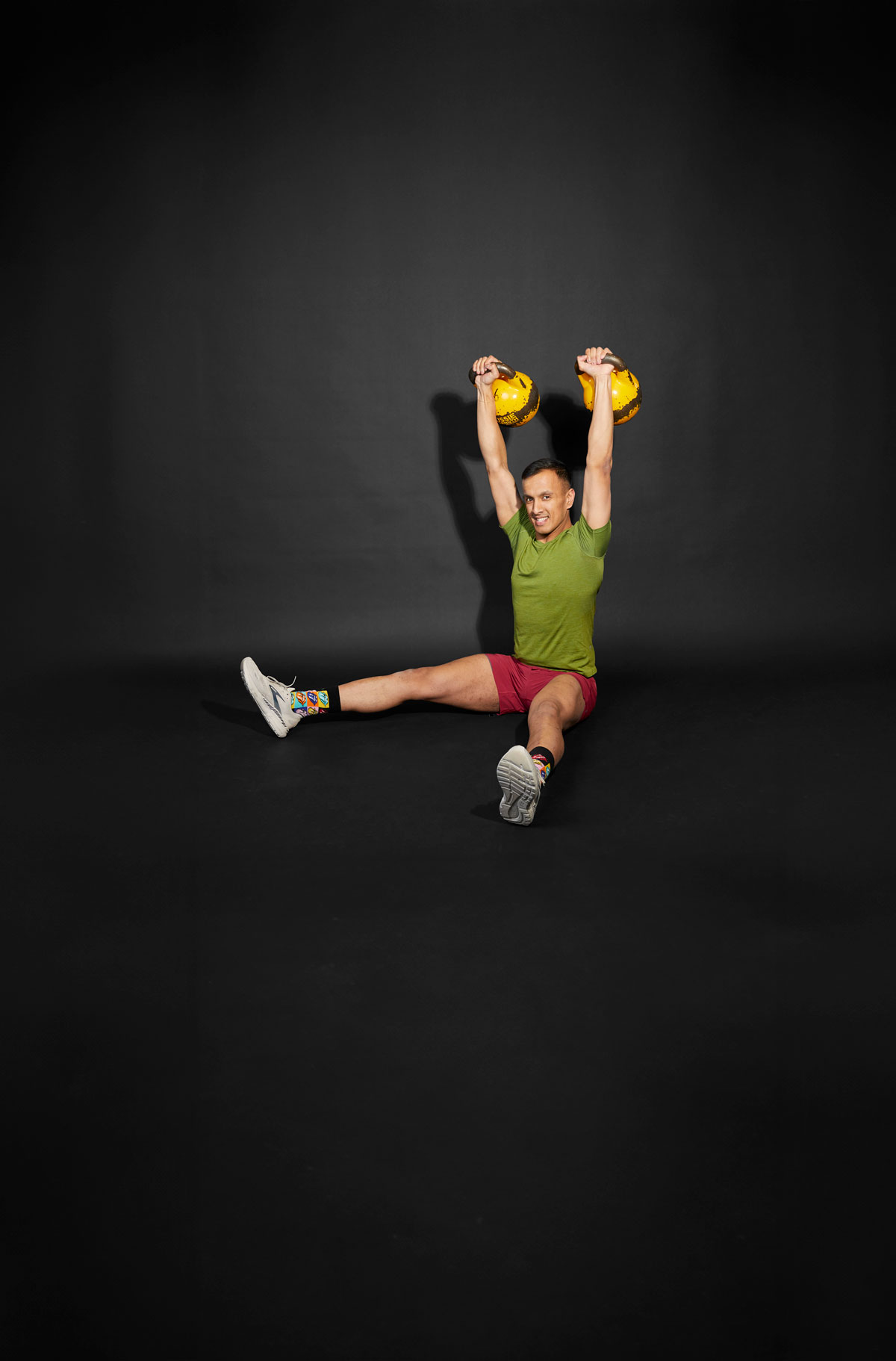

News
Wednesday 14 August 2024
At DoDay, we’re dedicated to making fitness accessible and welcoming for everyone, regardless of where they’re starting from. This nomination recognises our commitment to creating a supportive environment for all individuals, especially those who might feel intimidated by typical fitness settings.
During the interview, Michael shared how DoDay differs from other training options. We emphasise inclusivity by ensuring that people from all walks of life - from those living with disabilities to those overcoming mental health challenges - feel comfortable and supported in their fitness journey. Our goal is to make everyone feel confident and motivated, no matter their age, fitness level, or personal history.
Michael also shared an inspiring story of a client who achieved a remarkable transformation, losing 180 kilos. This story is a testament to how, with the right guidance and support, even the most challenging goals can be reached.
At DoDay, our approach is not just about physical fitness; it’s about building confidence, resilience, and a strong sense of community. We believe that everyone deserves the opportunity to improve their health and wellbeing through effective strength and conditioning training.
Ready to take the first step?
We can help you achieve your fitness goals in a supportive and inclusive environment with personalised support that makes DoDay unique.
If you’ve ever felt unsure about starting your fitness journey, our Gym Starter program is designed with you in mind. It’s tailored to help beginners feel comfortable and confident as they embark on their path to better health.
———————————
Interview Transcript:
Mel Bush (Host): Now, I was only chatting coincidentally to a mate of mine yesterday about the challenges of engaging in sport and fitness if you are a person in Tasmania living with a disability. It can be very challenging. One of our dear friends really did not have much of an opportunity at all. One local personal training team though, is working to change the face of fitness by ensuring that people from all walks of life feel comfortable and supported in a gym environment, and DoDay has just been named as a finalist in the National AusActive Awards for the most inclusive and diverse program in Australia. Michael Behrakis is DoDay's founder. Michael, hello and congrats on being recognised.
Michael Behrakis: Hello, hello. Thank you very much.
Mel Bush (Host): It's a bit of a big deal really, isn't it? And it's not necessarily something I would've thought about, but you've said yourself that the fitness industry has an inclusivity problem. At what point did you decide, hang on just a minute, I can do something about that?
Michael Behrakis: Well, at the moment, the gym is a very intimidating and masculine environment that can be very intimidating for everybody, especially women coming in. It might be a little bit discouraging for them to come in, so I just wanted to make it feel a lot more welcoming and a little bit less intimidating for those people.
Mel Bush (Host): And I did read that it's true, is it 45% or something of women who don't want to go to the gym? A very, very high percentage of women who just say no.
Michael Behrakis: Yeah. 45% less likely to attend than men.
Mel Bush (Host): Which is a significant number. Do you think the main reason is really that there are people who have body issues or disabilities that they're missing out on these programs? What are gyms doing wrong?
Michael Behrakis: I'm not sure what the gyms are doing wrong. Everybody's got this perception that when they walk into the gym, everybody in there is going to look like an Instagram model. When they see gyms, they look at social media and they see all these people that look a particular way because that's what they do, and they put their best foot forward and their influences. But it's not the case for what people in real life in reality look like when they are in their gym. And most people are in the same sort of position as them generally, who are just in there trying to get fit.
Mel Bush (Host): So what does inclusivity look like in terms of your gym, in terms of your business? How do you make that work?
Michael Behrakis: Well, I've got people from all walks of life from, you know, 10 years old to 73 years old and everything in between. People who are incredibly underweight and people who are extremely overweight. It's just about getting people in the front door—that's the hardest step. And then once they're here, making them feel comfortable, helping them with their goals, and designing a program that's going to suit them. It's hard enough to come into the gym, and then let alone adding a disability or, you know, a bit of depression or PTSD can be very hard and very intimidating for people to come into the gym. So just making them feel very comfortable in that environment.
Mel Bush (Host): So, are you seeing a little bit of an uptake there? Because it can be very challenging, as I was saying, and I honestly did only yesterday have this conversation about a dear friend living with a disability and the challenges and how much, you know, you can under those circumstances just miss out. That there absolutely just isn't anything there or that sort of supportive environment. Is it challenging? What does it mean in terms of a personal trainer setting those specific programs? And something I guess too that may be important, Michael, is it's actually achievable.
Michael Behrakis: Of course, it is. It's hard to get people in the gym and make them feel comfortable. To get them into the front door is the hardest part, but once they're here, if you make them enjoy it and you make them feel comfortable in that environment, then they're more likely to stick to it. It becomes less of a chore.
Mel Bush (Host): So, have you seen an uptick in that case in terms of diversity in your client base, Michael?
Michael Behrakis: In my client base, definitely. Quite a lot. I've got people on NDIS, people with disabilities. I've got one person who's only got one arm and everything else in between then. So, anybody could do it and everybody should be doing it.
Mel Bush (Host): Have you had a few wins along the way?
Michael Behrakis: Of course, there are many wins along the way. I've had a client that's lost 180 kilos.
Mel Bush (Host): Oh, wow.
Michael Behrakis: So, for that person, that was not a reality in his mind before it happened. It would've seemed unachievable, and now he has.
Mel Bush (Host): That's incredible. So what's your dream moving forward, Michael? What should a gym look like into the future?
Michael Behrakis: Well, the mission is to get as many people as possible doing strength and conditioning training and moving because it is so crucial for your health and wellbeing. Having an environment that people would be excited to go into and not feel uncomfortable.
Mel Bush (Host): Does it take specific training for a personal trainer to be able to work with such a diverse group of people?
Michael Behrakis: There’s lots of training and things that you can do, but I think it comes more from your personality—having a lot of patience, having a lot of empathy, understanding that not everybody gets the same start in life, and being very patient and understanding with that.
Mel Bush (Host): Michael, congratulations again on being a finalist. I think it's fantastic, and as someone who has always pretty much felt that way about going to the gym, I think I've donated to a few, probably paid for a few Christmas parties along the way. It's great to know that someone's doing something about diversity in the fitness and gym industry. Congratulations again. Thanks for your time.
Michael Behrakis: Thank you so much.
Mel Bush (Host): Michael Behrakis there, who is the founder of DoDay Fitness, a local fitness and personal training group who are finalists in the National AusActive Awards for the most inclusive and diverse program in
→
News
→
News
→
News
→
News
→
News
→
News
→
Nutrition
→
Nutrition
→
News
→
Nutrition
→
Fit-tip
→
Fit-tip
→
Fit-tip
→
Lifestyle
→
Nutrition
→
Lifestyle
→
Nutrition
→
Lifestyle
→
Lifestyle
→
Nutrition
→
News
→
News
→
News
→
Fit-tip
→
News
→
News
→
Nutrition
→
News
→
News
→
Lifestyle
→
Fit-tip
→
Fit-tip
→
Events
→
Fit-tip
→
Lifestyle
→
Nutrition
→
Lifestyle
→
Lifestyle
→
Nutrition

